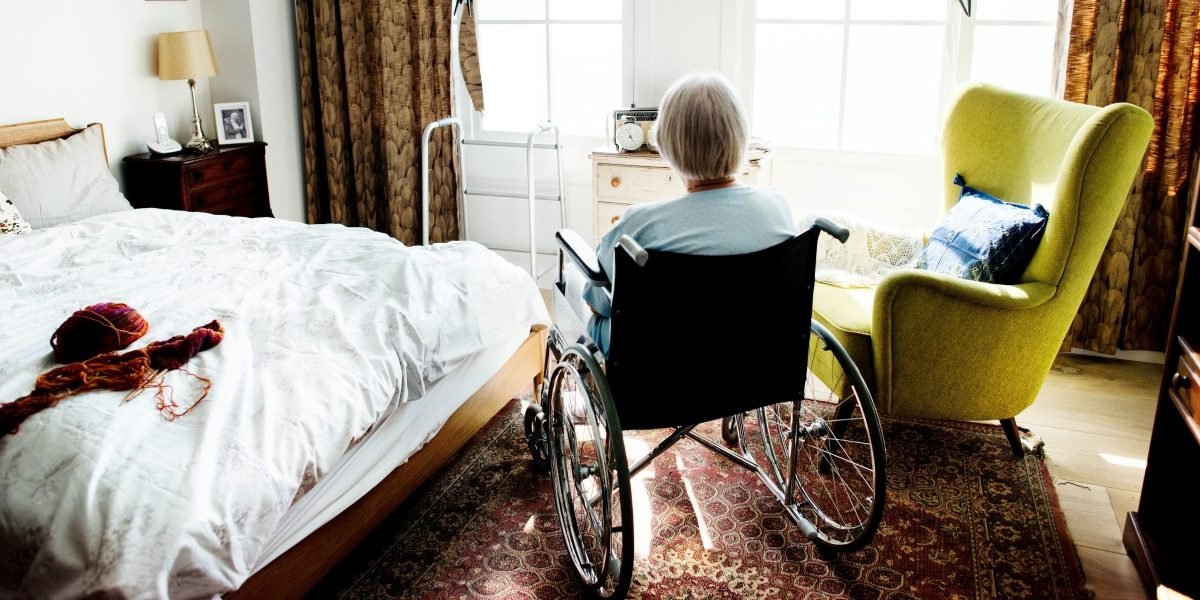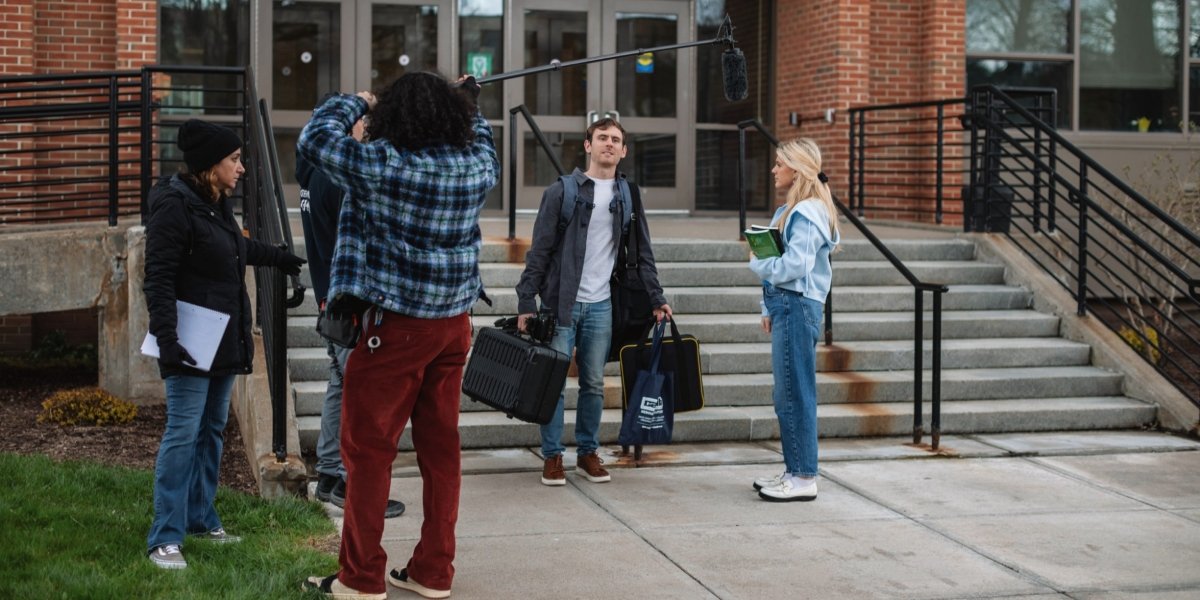A nursing home is intended to provide elderly people or those who are disabled with a safe environment where they receive assistance, supervision, and medical care. However, when nursing homes fall short of providing the necessary care, residents can experience harm. Understanding how frequently injuries happen, the reasons behind them, and who may be responsible can help families navigate situations where their loved ones’ health, safety, and well-being have been compromised. A nursing home injury attorney may offer guidance on how families can proceed in these circumstances, including how a negligent nursing home could potentially be held accountable for any harm caused.
How Common Are Injuries in Nursing Homes?
Determining how frequently nursing home residents experience injuries can be difficult, as many incidents are not reported. However, research has attempted to estimate the scope of the issue. For instance, the Agency for Healthcare Research and Quality suggests that, out of the 1.6 million people residing in nursing homes in the United States, approximately half may suffer falls each year. It is also estimated that only a small percentage of elder abuse incidents are reported.
Common Forms of Nursing Home Negligence
When nursing homes fail to provide proper care, residents can face serious consequences. Some of the factors that may lead to injuries in nursing home patients include:
- Inadequate Staffing and Supervision: Many nursing homes face challenges with hiring sufficient qualified staff. When staffing levels are insufficient, or when staff are not properly trained, residents may be at greater risk due to a lack of supervision or assistance when needed.
- Poor Fall Prevention: Nursing homes should take proactive steps to reduce the risk of falls. Issues such as not following individualized care plans, not responding to bed or chair alarms in a timely manner, cluttered walkways, poor lighting, or missing handrails can increase the likelihood of falls.
- Medication Errors: Residents may suffer harm if they are given the wrong medications, incorrect dosages, if doses are missed, or if staff fail to prevent dangerous drug interactions. Poor medication management systems or inadequate oversight can contribute to harm in nursing homes.
- Failure to Prevent Bedsores: Bedsores can develop when nursing home residents remain in one position for extended periods. Failure to reposition patients regularly, poor moisture control, and inadequate nutrition can increase the risk of bedsores.
- Poor Infection Control: Inconsistent hygiene practices, improper care of catheters, or delayed recognition of symptoms can allow infections to spread or worsen in nursing homes.
- Neglect of Nutritional Needs: Failing to monitor patients’ food intake or ensure they are drinking enough liquids can lead to dehydration or malnutrition.
- Inadequate Mobility Assistance: Improper use of lifts or lack of assistance when patients are moving can lead to falls or other injuries.
- Environmental Hazards: Broken equipment, unsafe water temperatures, or poorly maintained facilities can increase the risk of injury.
- Failure to Monitor Patients: Delayed responses to patient requests, failure to monitor vital signs, or failure to address medical concerns may result in worsening health conditions.
- Abuse and Mistreatment: Physical, emotional, sexual, or financial abuse may occur when staff mistreat patients or fail to provide adequate supervision to prevent abuse by others.
Understanding whether a nursing home has been negligent in providing care can be challenging. In many instances, a thorough investigation may be needed to review aspects such as hiring practices, staffing levels, training procedures, and patient care policies. A nursing home injury lawyer may be able to assist families in identifying potential negligence and exploring how it could be addressed.
Types of Injuries Caused by Nursing Home Negligence
The harm that nursing home residents experience due to neglect or abuse can result in physical injuries, worsening health, or emotional distress. Some common injuries include:
- Falls and Fractures: Hip fractures, wrist fractures, and head injuries are common after falls. A hip fracture may lead to a loss of mobility and independence, while other fractures can have a significant impact on a person’s health.
- Traumatic Brain Injury: A blow to the head from a fall or abuse may lead to issues such as confusion, increased fall risk, and faster cognitive decline.
- Bedsores: These injuries can start as mild redness and develop into deep tissue damage. They can be very painful, slow to heal, and prone to infection, which can threaten an elderly person’s life.
- Medication-Related Harm: Over-sedation can result in falls or other health problems. Failing to properly manage pain can lead to a decline in function. Drug interactions may trigger complications such as cardiac, renal, or neurological issues.
- Infections: Nursing home residents may experience significant health problems from infections. For example, urinary tract infections can cause confusion and sepsis, while pneumonia can result in respiratory failure.
- Dehydration and Malnutrition: These conditions can weaken the immune system and cause muscle wasting. Slow healing of wounds and increased risks of falls and bedsores can follow.
- Emotional and Psychological Harm: Those who experience verbal abuse, isolation, or neglect may experience depression, anxiety, withdrawal, or worsening cognitive symptoms.
- Restraint-Related Injuries: Physical or chemical restraints used by nursing home staff without proper justification may result in issues such as pressure injuries, circulation problems, and severe emotional distress.
The impact of nursing home injuries can accumulate quickly, significantly affecting a person’s health and quality of life. For example, a fall can lead to a fracture, which may result in immobility, potentially leading to bedsores and infections. These issues can affect a person’s overall health and well-being and, in some cases, they may lead to a person’s wrongful death.
Addressing Harm Caused by Nursing Home Negligence
When nursing home residents are harmed or experience declining health due to potential negligence, their families may want to understand how this occurred and who is responsible. A nursing home negligence lawyer can offer advice on how to proceed and may help hold the nursing home accountable for the harm that has taken place due to neglect or abuse.
An attorney may gather relevant documentation such as incident reports, care plans, medication records, staffing schedules, wound care notes, and transfer records. By investigating what happened, linking the injury to specific lapses in care, and identifying instances of neglect or abuse, an attorney may be able to help the family obtain compensation that addresses the harm the person has suffered, ensures they receive appropriate care moving forward, and helps prevent further neglect or abuse in the future.
Disclaimer: The content in this article is provided for general informational purposes and should not be interpreted as legal advice. It is not a substitute for professional guidance. If you or someone you know is facing issues related to nursing home care, seeking advice from a qualified professional may be beneficial.








